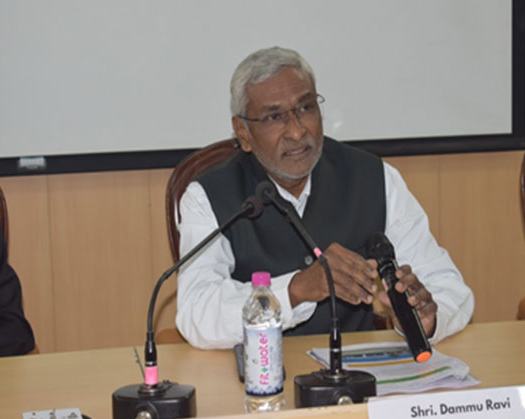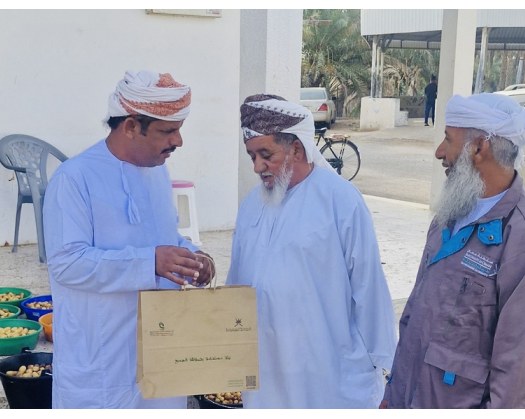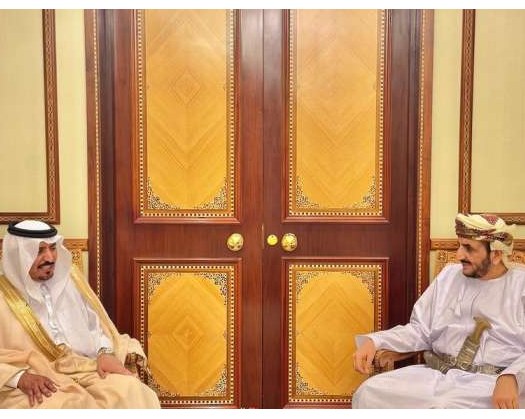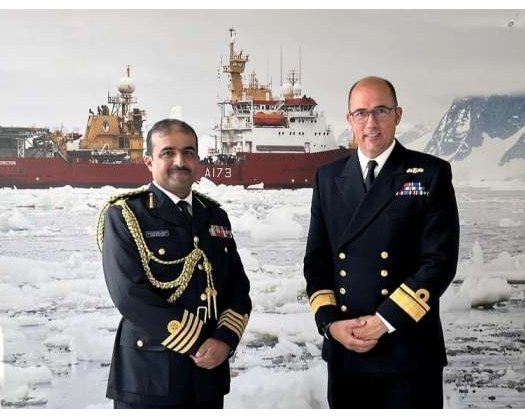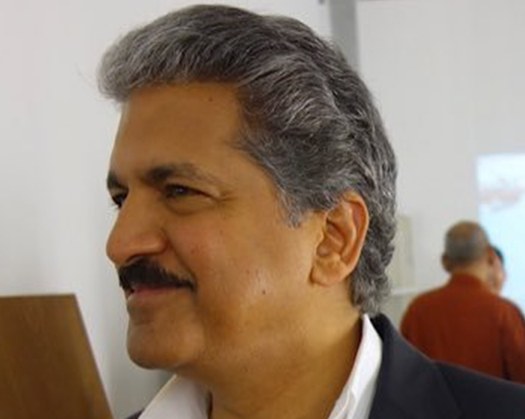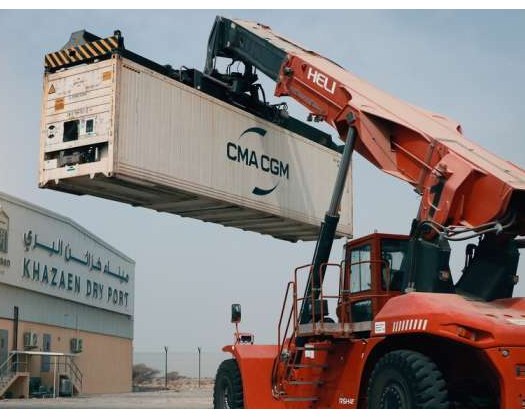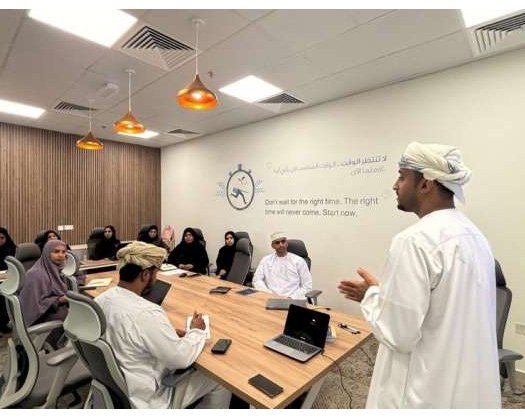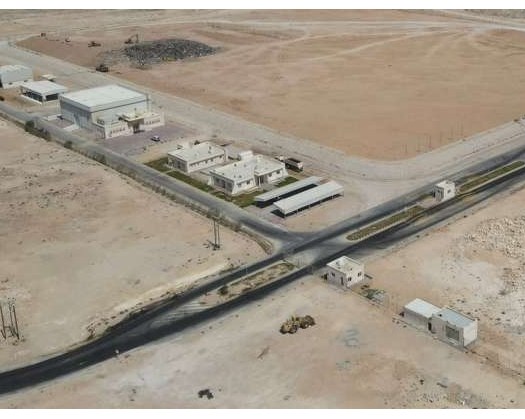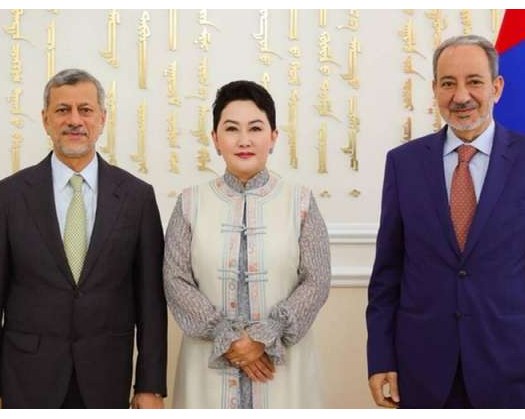New Delhi: An international conference organized by the Centre for Trade and Investment Law (CTIL) highlighted the significance of Production Linked Incentive (PLI) schemes in boosting manufacturing competitiveness, facilitating India's green transition, and promoting inclusive sustainability.
As stated by the Ministry of Commerce and Industry, the event, titled "Navigating the Future: Industrial Policy and Global Competitiveness," was conducted in partnership with the Centre for International Trade and Business Laws at NALSAR University of Law and the World Trade Institute at the University of Bern, as part of the WTO India Chairs Programme.
Taking place at NALSAR University of Law in Hyderabad from January 17 to 19, the conference aimed to influence India's industrial policy amid a changing geopolitical environment.
The agenda included comprehensive discussions on the revival and transformation of industrial policy, its evaluation metrics, and its alignment with WTO regulations.
Experts emphasized the importance of WTO guidelines in ensuring that industrial policy initiatives conform to a rules-based international trading framework. The conversations also underscored India's commitment to developing resilient global supply chains and strategies for energy transition.
In his opening remarks, Prof. James J. Nedumpara, Head of CTIL, highlighted the importance of green industrial policy in fostering innovation and technological progress.
This was succeeded by a keynote address from Prof. Srikrishna Deva Rao, Vice Chancellor of NALSAR University of Law. Former WTO Appellate Body members Ujal Singh Bhatia and Professor Peter Van den Bossche shared valuable perspectives on the relationship between trade policy and industrial strategies.
Dammu Ravi, Secretary (Economic Relations) at the Ministry of External Affairs, addressed the audience, highlighting India's significant role in the global supply chain for critical raw materials. He pointed out that any approach to integrating value chains should focus on creating value domestically, thereby fostering employment and economic growth.
Montek Singh Ahluwalia, the former Deputy Chairman of the Planning Commission, remarked on the global transition from free trade to protectionism, driven by challenges related to China's economic ascent and changing U.S. policies. He emphasized the importance of strategic interventions in key industrial sectors, the need for transparency in Production-Linked Incentive (PLI) schemes, and compliance with WTO regulations to safeguard economic stability while ensuring global competitiveness.
A panel of distinguished scholars and trade policy experts, including Dr. Werner Zdouc, former Director of the Appellate Body; Sumanta Chaudhuri, Head of Trade Policy at CII; Dr. Pritam Banerjee, Head of the Centre for WTO Studies; Prof. Henry Gao from Singapore Management University; Prof. Abhijit Das, former Head of the Centre for WTO Studies; Dr. Alicia Gracia, Senior Fellow at Bruegel; and Dr. Isabelle Van Damme, Director of the World Trade Institute, shared their valuable perspectives on the evolving industrial landscape in India.
In the inaugural session, CTIL launched its new monthly newsletter, Investment Law Compass: Navigating through the Global Investment Framework. This publication aims to equip professionals and policymakers with insights into the changing investment law environment and will be accessible online at www.ctil.org.in.

